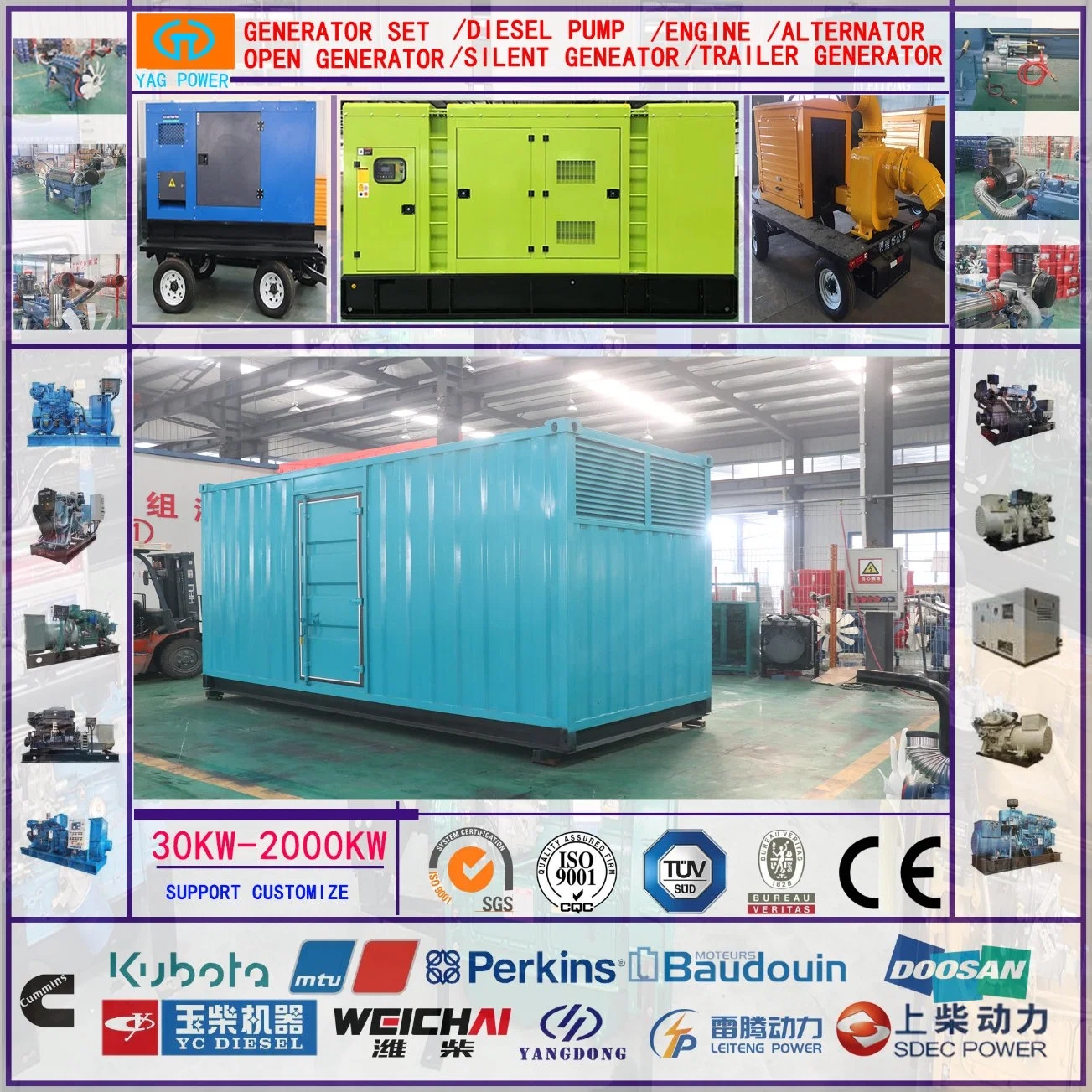Introduction
Diesel generators are an indispensable part of various industries and applications where reliable backup power is critical. Validation testing of diesel generators is essential to ensure that they meet performance standards and can deliver power when needed. This article will explore the importance of diesel generators for validation testing, the testing procedures involved, and the benefits of conducting thorough validation testing.
Importance of Diesel Generators for Validation Testing
Diesel generators play a crucial role in providing backup power during emergencies, grid failures, or in remote locations where access to the power grid is limited. Validation testing is necessary to ensure that diesel generators are in optimal condition and can perform as expected when called upon.
Validation testing of diesel generators involves a series of tests and inspections to verify that the generator meets the required performance standards and specifications. These tests help identify any potential issues or deficiencies in the generator's components or systems, allowing for timely maintenance or repairs to be carried out.
In industries such as healthcare, data centers, telecommunications, and manufacturing, where uninterrupted power supply is critical, diesel generators must undergo regular validation testing to ensure their reliability and performance. Failure to conduct proper validation testing can lead to costly downtime, equipment damage, and potential safety hazards.
Testing Procedures for Diesel Generator Validation
Validation testing of diesel generators typically involves a series of tests to evaluate various aspects of the generator's performance and functionality. The following are some of the key testing procedures commonly carried out during diesel generator validation:
1. Load Testing: Load testing involves applying a simulated load to the generator to measure its ability to supply power under different load conditions. This test helps assess the generator's capacity, voltage regulation, frequency response, and overall performance under varying loads.
2. Voltage Regulation Test: The voltage regulation test evaluates the generator's ability to maintain a stable output voltage within acceptable limits during load changes. Voltage regulation is crucial to ensure the safe and reliable operation of connected equipment.
3. Frequency Response Test: The frequency response test assesses the generator's ability to maintain a stable output frequency within specified limits under varying load conditions. A stable frequency output is essential for the proper operation of sensitive electronic equipment.
4. Overload Testing: Overload testing involves subjecting the generator to a load greater than its rated capacity to evaluate its performance under extreme conditions. This test helps determine the generator's overload capabilities and its ability to handle temporary load spikes.
5. Transfer Switch Testing: Transfer switch testing is essential to verify the proper operation of the automatic transfer switch (ATS) that controls the transfer of power from the utility grid to the generator during a power outage. The ATS must switch seamlessly between power sources to ensure uninterrupted power supply.

6. Fuel System Testing: Fuel system testing involves inspecting and testing the generator's fuel storage, supply, and delivery systems to ensure that fuel is properly stored and delivered to the engine when needed. A reliable fuel system is essential for the continuous operation of the generator.
Benefits of Conducting Thorough Validation Testing
Conducting thorough validation testing of diesel generators offers several benefits to businesses and industries that rely on backup power sources for their operations. https://www.lkpowerplant.com/product/ of the key benefits of validation testing include:
1. Reliability: Validation testing helps ensure that diesel generators are in optimal condition and can reliably supply power during emergencies or power outages. Regular testing helps identify and address potential issues before they escalate into costly failures.
2. Performance Assurance: Validation testing verifies that the generator meets the required performance standards and specifications, including load capacity, voltage regulation, frequency response, and efficiency. This assurance is crucial for maintaining the operational integrity of critical systems and equipment.
3. Compliance: Many industries are subject to regulatory requirements and standards related to backup power systems, including diesel generators. Conducting validation testing helps ensure compliance with applicable regulations and standards, reducing the risk of penalties or fines for non-compliance.
4. Cost Savings: By identifying and addressing potential issues through validation testing, businesses can avoid costly downtime, repairs, and equipment damage that may result from generator failures. Regular testing can help extend the lifespan of the generator and reduce maintenance costs over time.
5. Safety: Ensuring the proper functioning of diesel generators through validation testing helps mitigate safety risks associated with power outages, equipment failures, and potential hazards. A reliable backup power source can prevent accidents, injuries, and damage to property.
Conclusion
Diesel generators play a critical role in providing backup power to industries and applications where uninterrupted power supply is essential. Validation testing of diesel generators is a necessary step to ensure their reliability, performance, and compliance with regulatory standards. By conducting thorough validation testing, businesses can mitigate risks, ensure operational continuity, and maintain the integrity of critical systems and equipment. Investing in proper validation testing of diesel generators is a proactive approach to safeguarding against power failures and ensuring business continuity.
